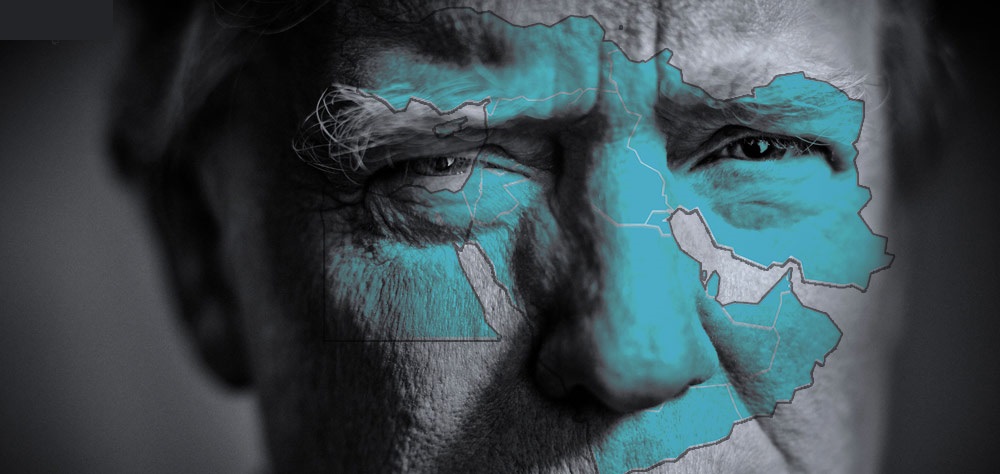The new strategy of Washington states that the nature of the cross-border military actions, including in West Asia region, will to some degree change under the influence of decades-long military modernization, huge defense spending, and the nation's total weariness with war.
The new strategy not only foresees the upcoming wars to happen in shadows and largely away from the public opinion’s attention but also it seeks to put the burden of battle costs on the shoulder of the US allies in the region. So Trump in his possible military engagement in the future will have to seek the allies' guarantees for bearing the expenses.
This new strategy is said to have been already in action. The reports suggest that the Saudis had paid nearly $100 million in cash before Trump ordered missile strikes against the Shayrat military base, Syria’s leading launching pad for anti-ISIS campaign. In fact, in the profit-seeking eyes of the American leader the West Asian crises are not that worth solving for the American vital interests to push the government to spend from the taxpayers' money to finance its military campaigns, even if they are limited, particularly because in many cases the American people do not support military actions in West Asia and elsewhere, and any president who takes measures of this kind will usually risk losing his public popularity.
Regarding the opposition of the American public opinion to Washington's military interventions in devastating regional crises and also the economic challenges that such interventions can bring about, any direct involvement will produce heavy political costs for the new American administration.
So the new strategy targets two kinds of benefits to the US: first, steering clear of the unavoidable war costs, and second helping the US military industries to cash in on the weapons deals with the wealthy Arab allies.
The new strategy will see Trump avoiding entry to any new and unnecessary war, unless it is paid for by the other countries which call for the American intervention. Some analysts note that the reason behind the US so far avoiding engagement in a war with North Korea is the Washington’s fears of the heavy expenses, though they deny that this is the whole drive delaying such a confrontation between the archenemies. Other reasons, including worries about outbreak of a full-scale nuclear war, have been decisive in pushing Trump back from waging a war against Pyongyang.
All in all, the need to take the outermost caution in spending patterns, the public opinion’s calls for the new administration to focus on the domestic challenges instead of the global issues, and the extreme intricacy of the operation atmosphere of the regional and international hotspots give the American president the reason to put the burden of bankrolling on the Washington’s weak allies which are afraid of facing their rivals alone. This arrangement makes Trump open-handed in minimizing the expenses shouldered by the national taxpayers, the decision makers, and the military.
The fresh strategy looks like a double-edged sword: it is beneficial in terms of generating interests for the White House, but on the other side can seriously damage the US face in the eyes of the main allies.
/298
source : Alwaght
Saturday
29 April 2017
8:37:48 AM
826668

(AhlulBayt News Agency) - Election of Donald Trump as the president of the US introduced a new strategy to the Washington’s security and military policies.
